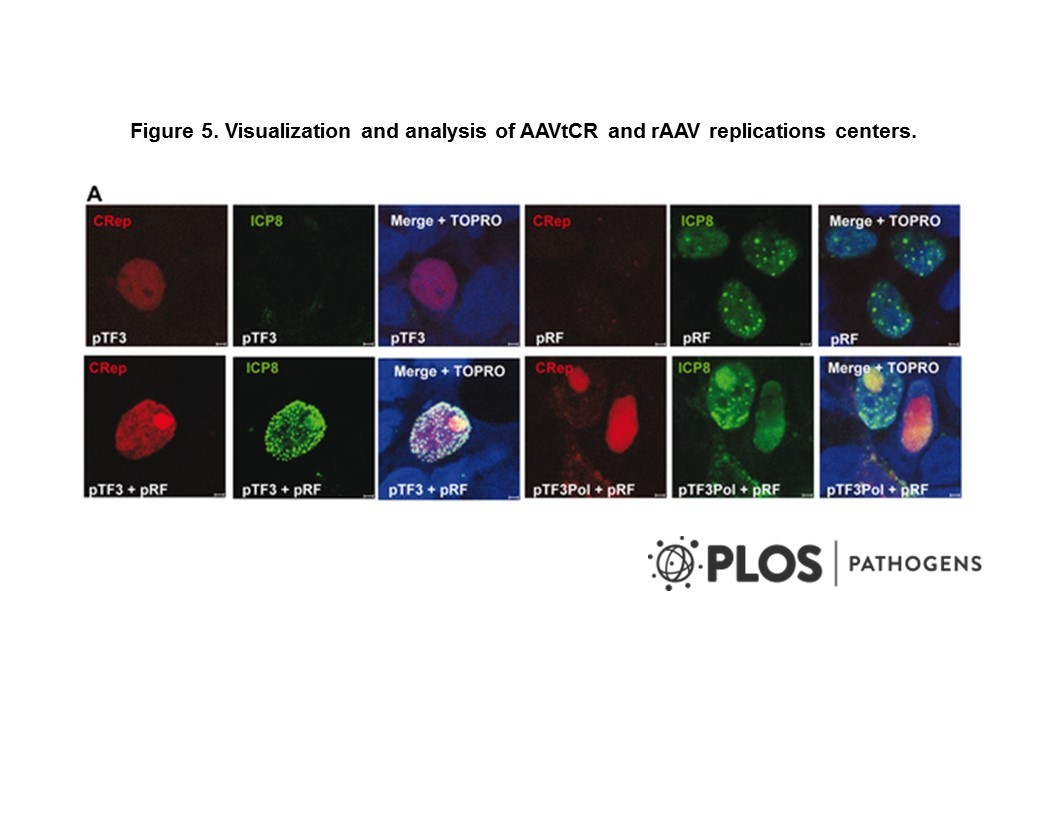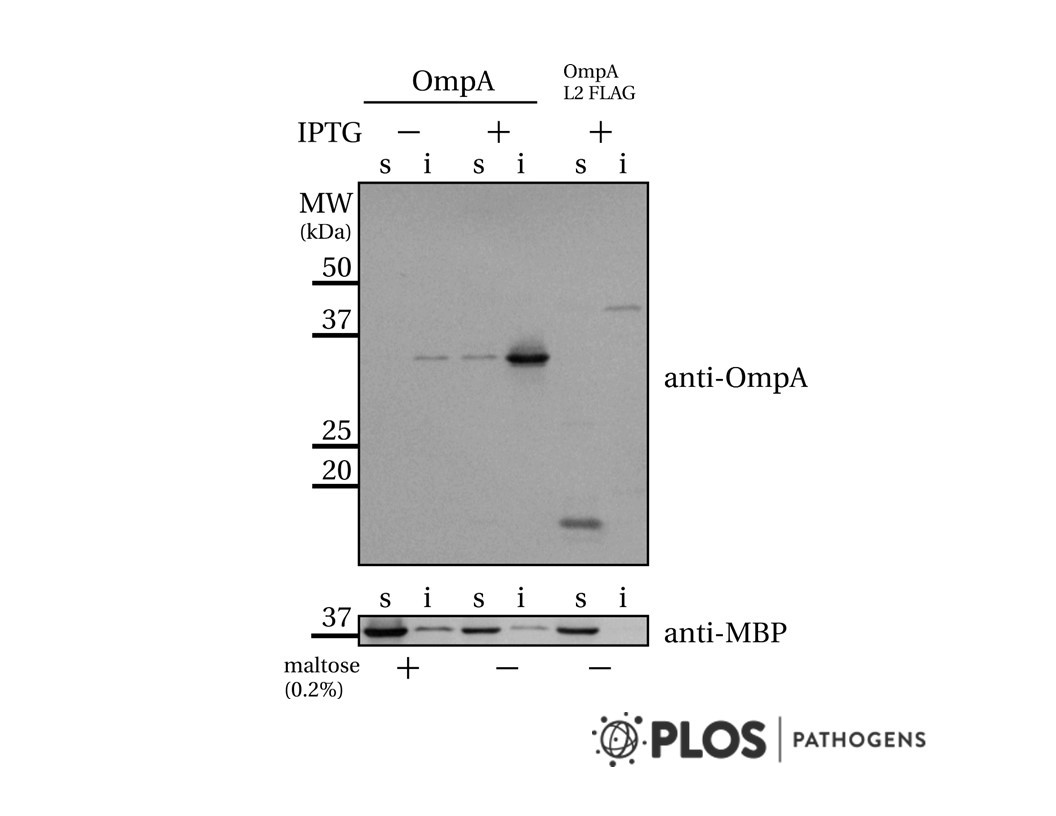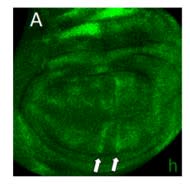
Cat. #151306
Anti-CEA [161 (NCRC16)]
Cat. #: 151306
Sub-type: Primary antibody
Unit size: 100 ug
Availability: 3-4 weeks
Target: Carcinoembryonic Antigen (CEA)
Class: Monoclonal
Application: ELISA ; IP ; WB
Reactivity: Human
Host: Mouse
£300.00
This fee is applicable only for non-profit organisations. If you are a for-profit organisation or a researcher working on commercially-sponsored academic research, you will need to contact our licensing team for a commercial use license.
Contributor
Inventor: Lindy Durrant
Institute: University of Nottingham
Tool Details
*FOR RESEARCH USE ONLY (for other uses, please contact the licensing team)
- Name: Anti-CEA [161 (NCRC16)]
- Research fields: Cancer;Cell biology
- Clone: 161 (NCRC16)
- Tool sub type: Primary antibody
- Class: Monoclonal
- Conjugation: Unconjugated
- Reactivity: Human
- Host: Mouse
- Application: ELISA ; IP ; WB
- Description: Carcinoembryonic antigen is a diagnostic marker for many cancers including colorectal, hepatoma, neuroendocrine, lung, neuroblastoma, breast, pancreatic, trophoblastic and ovarian cancers.
- Immunogen: Colon cancer cell lines
- Isotype: IgG1
- Myeloma used: P3/NS1/1-Ag4.1
- Recommended controls: LS174 T cells, colon carcinoma
Target Details
- Target: Carcinoembryonic Antigen (CEA)
- Tissue cell line specificity: LS174 T cells, colon carcinoma
- Target background: Carcinoembryonic antigen is a diagnostic marker for many cancers including colorectal, hepatoma, neuroendocrine, lung, neuroblastoma, breast, pancreatic, trophoblastic and ovarian cancers.
Applications
- Application: ELISA ; IP ; WB
Handling
- Format: Liquid
- Concentration: 1 mg/ml
- Unit size: 100 ug
- Storage buffer: PBS with 0.02% azide
- Storage conditions: -15° C to -25° C
- Shipping conditions: Dry ice
References
- Durrant et al. 1989. Br J Cancer. 60(6):855-60. PMID: 2481485.
- Enhanced recognition of human colorectal tumour cells using combinations of monoclonal antibodies.


![Anti-CAR Whitlow Linker [1C3C3]](https://cancertools.org/wp-content/uploads/Figure-6-Kimble-et-al.-J-Immunother-Cancer-2025-300x322.jpg 300w, https://cancertools.org/wp-content/uploads/Figure-6-Kimble-et-al.-J-Immunother-Cancer-2025-280x300.jpg 280w, https://cancertools.org/wp-content/uploads/Figure-6-Kimble-et-al.-J-Immunother-Cancer-2025-954x1024.jpg 954w, https://cancertools.org/wp-content/uploads/Figure-6-Kimble-et-al.-J-Immunother-Cancer-2025-768x824.jpg 768w, https://cancertools.org/wp-content/uploads/Figure-6-Kimble-et-al.-J-Immunother-Cancer-2025.jpg 1193w)



